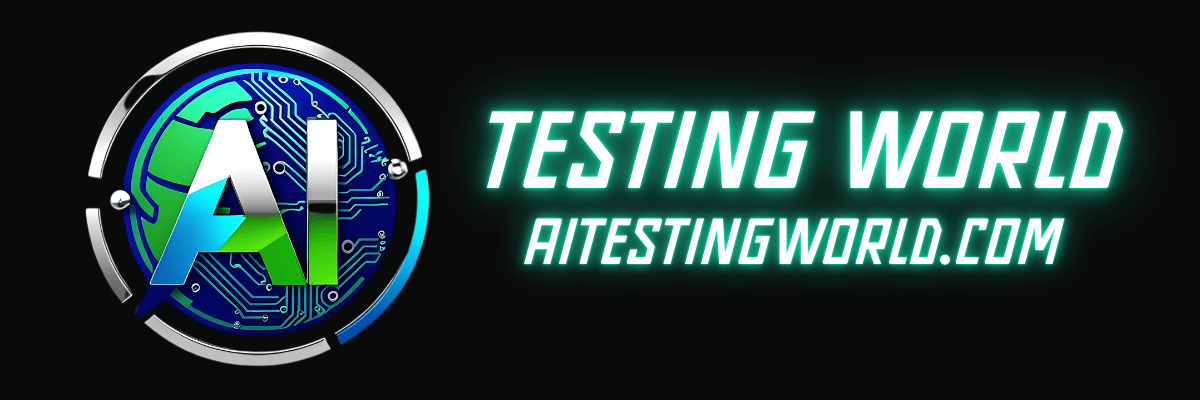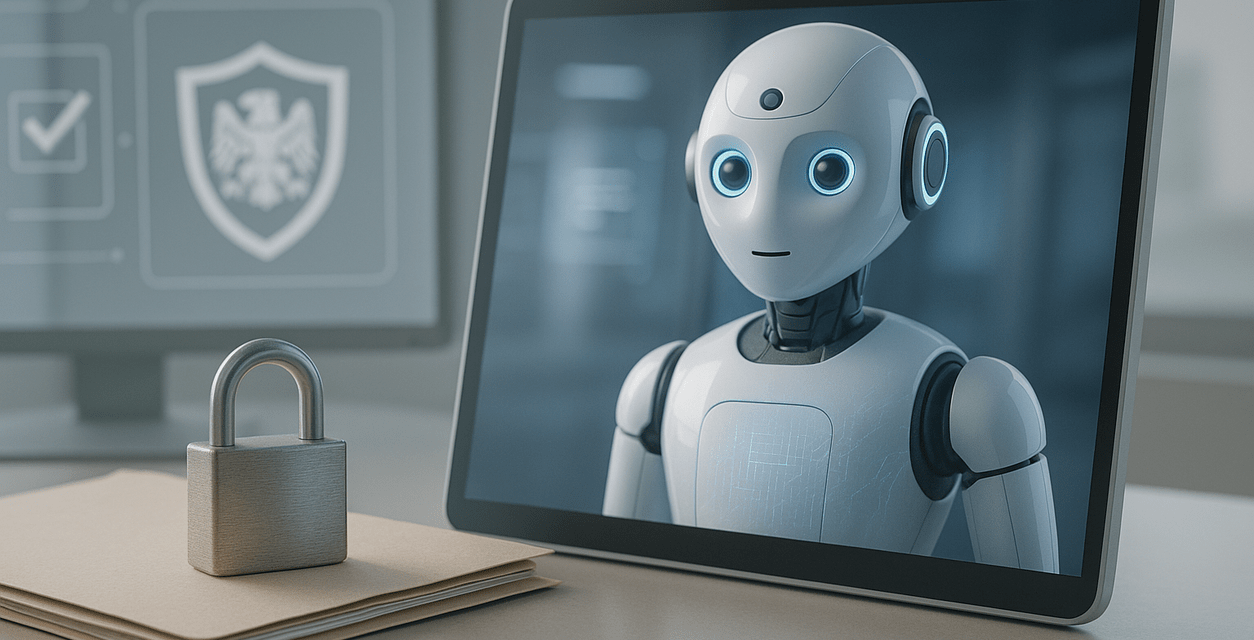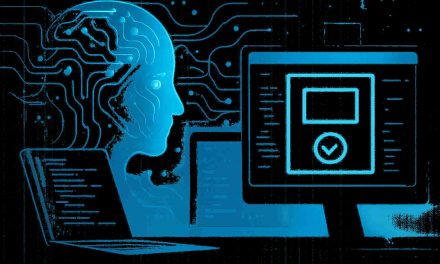TL;DR
United Launch Alliance (ULA) is actively testing OpenAI’s government-focused chatbot designed to comply with strict official security standards. This AI software development could reshape federal software testing practices.
United Launch Alliance (ULA), a prominent player in the aerospace industry, recently began rigorous testing of OpenAI’s new government-compliant chatbot technology. The advanced AI software adheres to stringent government security guidelines, potentially revolutionizing software testing protocols in federal environments. This recent partnership between aerospace giant ULA and artificial intelligence frontrunner OpenAI marks a notable advancement in AI software validation and security compliance. The chatbot aims to efficiently support government agencies with complex inquiries while strictly maintaining classified information security. Implementation of this sophisticated software testing highlights the critical importance of verifying AI chat models in strictly regulated scenarios.
Key Advantages for AI Software Testing
AI software testing is increasingly vital as artificial intelligence integration surges in both the public and private sectors. OpenAI’s latest endeavor underscores the pivotal role testing practices play when ensuring AI tools meet specialized standards, particularly in security-sensitive environments like government defense and intelligence operations. The emphasis on rigorous compliance testing demonstrates a significant step toward broader adoption of AI technologies within tightly regulated industries. Challenges in ensuring the security, integrity, and compliance of generative chatbots have long been barriers to government utilization. By testing robust protocols that thoroughly address these obstacles, ULA is showcasing how software engineers can approach and resolve AI model assurance challenges, leading to increased confidence in automated digital solutions.
Lessons learned from the rigorous testing of government-compliant AI agents will likely influence testing methodologies industry-wide.
Practical Takeaways for Software Engineering Experts
For software professionals, OpenAI’s collaboration with ULA offers meaningful insight into governmental AI integration strategies. First, engineers must ensure AI tools meet predefined testing and security compliance requirements thoroughly. This development clarifies how intensive compliance assessments directly lead to greater reliability of AI-driven software across multidisciplinary domains, serving as an instructive benchmark for development teams. Second, the event clearly underscores the need to continuously adapt testing strategies to meet the demands of emerging AI use cases within government and sensitive environments.
Keeping testing and security protocols updated and flexible enables software developers to handle these advancements effectively, ultimately enhancing the uptake of AI technologies in rigorous operational settings. Third, ULA’s utilization of OpenAI technology demonstrates a pragmatic approach to bridging the capabilities gap between commercial AI providers and specific government security standards. This effort highlights the broader potential for collaboration between private AI entities and public-sector requirements, setting a promising standard for future AI software applications and developments.
AI Software Testing in Government: What Software Engineers Need to Know
With AI’s ongoing expansion, ensuring strict security and compliance through appropriate software testing platforms becomes increasingly critical, particularly when handling sensitive data. AI software testing demands rigorous protocols to adequately safeguard classified materials.
This new chatbot from OpenAI, rigorously tested by ULA, offers valuable lessons in streamlining that process, providing a meaningful case study for AI software development professionals. As software professionals navigate the complexities of AI testing and compliance, the ongoing partnership presents software developers with a wealth of strategic insights. Whether crafting code for stringent governmental standards, addressing security compliance specifics, or embracing emerging AI technologies safely, this milestone is instructive for all software engineers looking ahead. Ultimately, this innovative testing process highlights potential best practices not just for the governmental sphere but for broader AI software contexts as well. Embracing these standards will equip software developers to confidently build more secure and reliable AI-driven solutions—an essential advancement in our fast-growing digital landscape.
Original resource for this article: https://spacenews.com/ula-testing-openais-government-compliant-chatbot/





